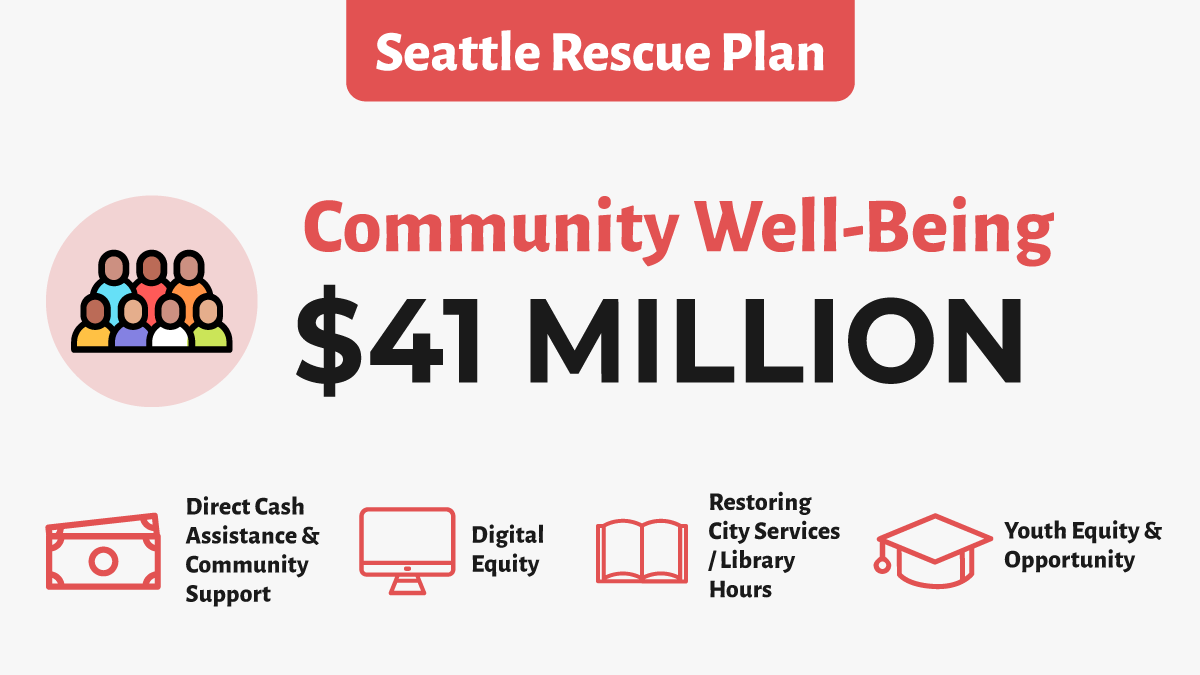As our country works toward recovery, all levels of American government play an important role in ensuring an equitable recovery, beginning with our youngest residents. The American Rescue Plan Act (ARPA) funds provide an opportunity for cross-government collaboration to make an impact by addressing the economic and social disparities exacerbated by the COVID-19 pandemic.
Our nation’s cities, towns, and villages require empowered leaders who prioritize the well-being of young children and their families to Respond, Rebuild and Recover. NLC recently published Setting the P.A.C.E. for Infants, Toddlers, and Families, a fact sheet to help local leaders set the pace to further improve outcomes for young children and families in their communities and in doing so, build a brighter tomorrow.
During the early years of life, the brain develops the connections needed to be healthy, capable, and successful adults. According to First Things First, by age three, the brain is about 80% of adult size. At the same time, parents are frequently stretched in the earliest months and years of their child’s life. The good news is that they do not have to do it alone because local leaders can help them.
Cities across the country are collaborating to leverage ARPA funding in support of early childhood success, creating more opportunities for local children and families to thrive.
The City of Austin, and Travis County, Texas, partnered with 2-Gen Coalition to create economic and social opportunities for families. Young parents will receive a basic stipend and free childcare while they participate in the program. The Austin/Travis County Success by 6 Coalition, working to ensure that all children enter Kindergarten happy, healthy, and prepared to succeed in school and beyond, successfully advocated for the City Council to allocate $11 million in ARPA funding for early childhood initiatives. Travis County allocated an additional $5.975 million. The funding is being used to implement initiatives such as increasing access to affordable quality childcare to meet the needs of all families and stabilizing programs for families outside of full-time childcare.
In Alexandria, Virginia, its City Council unanimously approved a $29.8 million allocation plan for the City’s first half of its ARPA funding. The initiatives in the plan are aligned with the City’s strategic COVID-19 recovery framework objectives to help everyone access the basics, to help businesses thrive, and ensure long-term community investment. As part of the City’s plan, The Unified Early Childhood Workforce Stabilization Initiative will receive $2.83 million. The program will assist hundreds of early childhood educators, provide a supportive and high-quality learning environment for thousands of children, and help parents, particularly women, go back to work.
The City of Seattle recently joined the webinar Leveraging ARPA Funds to Support Infants and Toddlers through State and Local Coordination along with state and county leaders from Washington state to share how they are aligning their COVID-19 recovery efforts in a way that centers the needs of infants, toddlers, and their families. Seattle Council Member Teresa Mosqueda shared Seattle’s approved ARPA Plans.

“We put 8 million dollars directly into childcare providers…We did it because it is the way to actually create a more equitable local economy. It is the great equalizer if we were going to create a new economy post-COVID. We did this because small businesses and workers have said that what they need – in order for them to open their doors back up, or to stay employed, or to keep people employed – is access to childcare,” Mosqueda said.
Local and state governments can influence what resources and opportunities are available in communities for residents, which can have a real impact on the lives of infants, toddlers, and their families. ARPA funding is creating the moment for leaders at all levels to think creatively and collaboratively. Partnership with city leaders, and across all levels of government, can help reach more families more effectively.
Written with the help of NLC Intern Lizbeth Olarte.

